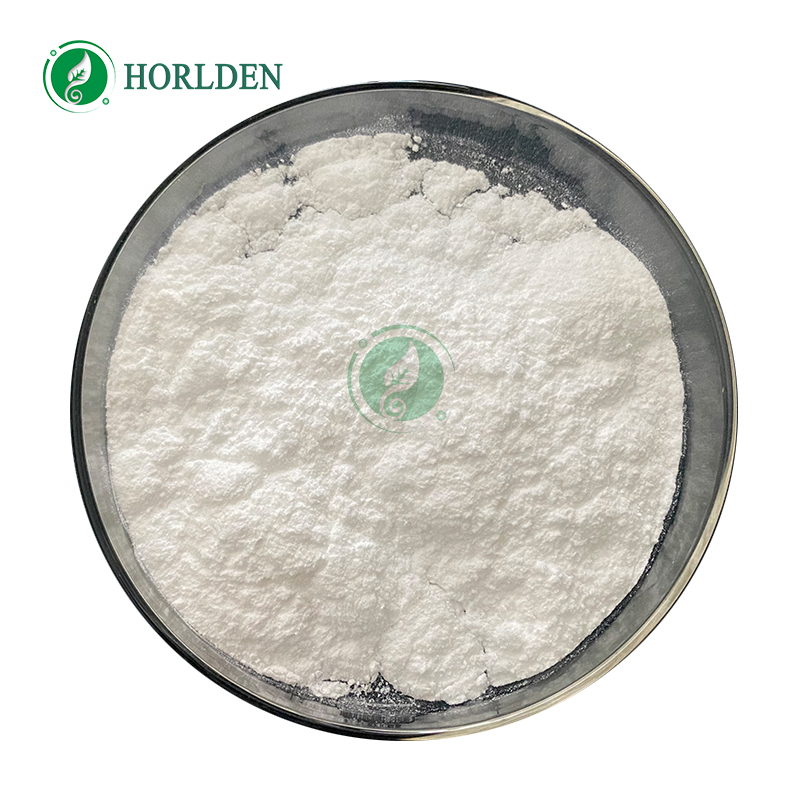-
Categories
-
Pharmaceutical Intermediates
-
Active Pharmaceutical Ingredients
-
Food Additives
- Industrial Coatings
- Agrochemicals
- Dyes and Pigments
- Surfactant
- Flavors and Fragrances
- Chemical Reagents
- Catalyst and Auxiliary
- Natural Products
- Inorganic Chemistry
-
Organic Chemistry
-
Biochemical Engineering
- Analytical Chemistry
-
Cosmetic Ingredient
- Water Treatment Chemical
-
Pharmaceutical Intermediates
Promotion
ECHEMI Mall
Wholesale
Weekly Price
Exhibition
News
-
Trade Service
Sitagliptin phosphate monohydrate is a widely used anti-diabetic drug that is used to treat patients with type 2 diabetes.
The drug is known for its ability to regulate the levels of blood glucose in the body, making it an essential medication for diabetes patients.
However, like all other chemical compounds, sitagliptin phosphate monohydrate has certain safety concerns that must be addressed to ensure the health and well-being of the patients.
In this article, we will discuss the safety of sitagliptin phosphate monohydrate in the chemical industry.
Sitagliptin phosphate monohydrate is known to be well-tolerated by most patients when taken as prescribed.
However, like all other medications, it can cause some side effects.
Some of the common side effects of sitagliptin phosphate monohydrate include respiratory infections, headaches, and nausea.
These side effects are usually mild and do not require medical attention.
However, if the symptoms persist or become severe, it is essential to seek medical advice.
Sitagliptin phosphate monohydrate is known to interact with other medications, which can lead to adverse effects.
Therefore, it is crucial to inform the doctor about any medications that the patient is taking before starting sitagliptin phosphate monohydrate.
Some of the medications that can interact with sitagliptin phosphate monohydrate include digoxin, cyclosporine, and rifampin.
These interactions can lead to an increased risk of side effects, which is why it is essential to inform the doctor about all medications that the patient is taking.
Sitagliptin phosphate monohydrate is known to have certain safety concerns during pregnancy and breastfeeding.
Therefore, pregnant and breastfeeding women should consult their doctors before taking sitagliptin phosphate monohydrate.
There is limited information available on the safety of sitagliptin phosphate monohydrate during pregnancy and breastfeeding, which is why it is crucial to seek medical advice before taking the medication.
Sitagliptin phosphate monohydrate is known to cause hypoglycemia, which is a condition characterized by low blood glucose levels.
This condition can be dangerous if left untreated, which is why it is essential to inform the doctor if the patient experiences symptoms such as dizziness, lightheadedness, or weakness.
The doctor may need to adjust the dosage of sitagliptin phosphate monohydrate or prescribe other medications to prevent hypoglycemia.
Sitagliptin phosphate monohydrate is known to cause allergic reactions in some patients.
Therefore, it is essential to inform the doctor if the patient has any allergic reactions to sitagliptin phosphate monohydrate or any other medications.
The doctor may need to prescribe alternative medications if the patient is allergic to sitagliptin phosphate monohydrate.
In conclusion, sitagliptin phosphate monohydrate is an effective anti-diabetic drug that is widely used to treat type 2 diabetes.
However, like all other chemical compounds, it has certain safety concerns that must be addressed to ensure the health and well-being of the patients.
Patients should inform their doctors about any medications they are taking, and seek medical advice if they experience any adverse effects.
Pregnant and breastfeeding women should also consult their doctors before taking sitagliptin phosphate monohydrate.
Finally, sitagliptin phosphate monohydrate is known to cause hypoglycemia, which can be dangerous if left untreated.
Therefore, patients should inform their doctors if they experience symptoms of hypoglycemia.







